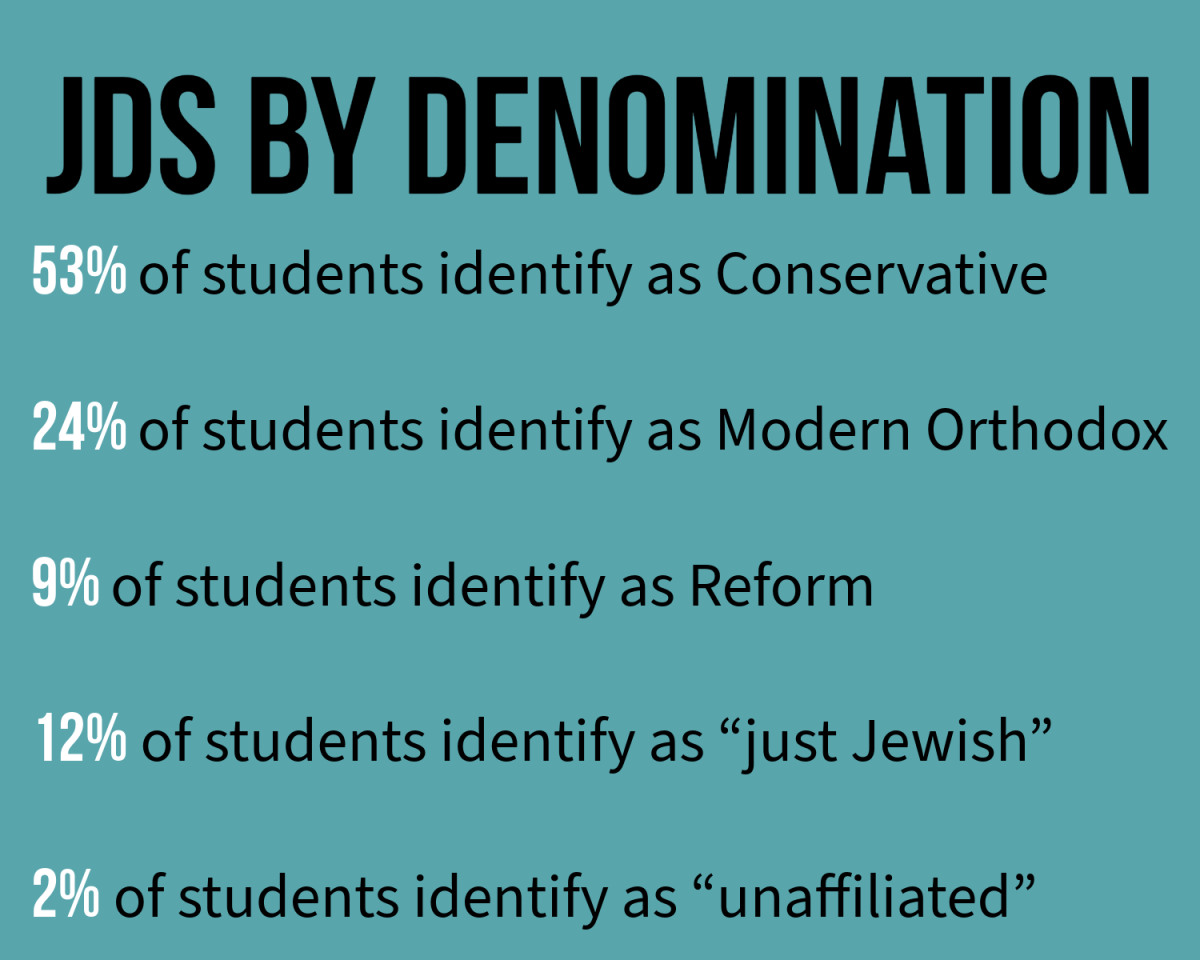Starting this year, sitting with my friends during lunchtime took on a whole new meaning. Without having my phone beside me, each notification pulling me away, I now enjoy the full experience of engaging in genuine conversations with my friends.
CESJDS instituted a phone and smart watch ban at the start of this school year. An email to the community from the administration sent this summer noted that students’ focus on learning and socializing improves significantly with the absence of cell phones. The policy requires students to power their phones off upon arriving at school in the morning and lock their phones in Yondr pouches until the end of the school day. In a world where high school students rely on their phones, many view the new phone ban in school as a problem. However, data shows endless benefits of phone-free environments, and I fully support it.
Before the implementation of the phone policy, seeing other students on their phones during the day would often influence me to take out mine too. By having phones out of sight, students can focus on their academic performance and improve their engagement during class.
From repeated notifications to social media temptations, phones pose a constant distraction in the classroom. According to a Pew Research Center study, 72% of high school teachers find cell phones to be a distraction during class.
JDS is one out of many schools across the country experimenting with this new idea. According to CBS News, over 2,000 schools are participating in the initiative to achieve a phone-free day, with a 150% increase in schools using Yondr pouches. Schools are doing this to ensure that students are performing their best academically and paying more attention to their mental health.
A phone-free day not only benefits education, but also socialization. I find that by having phones away during lunch and breaks, I have grown stronger connections with my friends. While in previous years I would walk through the hall on my phone, having it locked away has forced me to engage in conversations, strengthening my social connections.
Another area that benefits from the phone policy is student mental health. A study by the Pew Research Center shows that 75% of teenagers feel happier when they are away from their phones. Excessive phone usage, especially doom scrolling, spending excessive time on your phone through social media, is linked to increased stress and anxiety. A phone free space allows students to unplug from stresses online and maintain better mental health.
While social media can serve as a helpful tool in communicating with friends and staying updated on current events, without our phones, we utilize traditional ways of socializing and catching up on the news. These are vital life skills that we have been sheltered from our whole lives due to our constant reliance on our cell phones.
Phones may feel essential in many of our lives, but learning to manage our usage will benefit students academically and socially, and prepare us for future environments where focus and interpersonal skills are crucial.
The new policy may feel unfamiliar to many of us, however, I believe the values of not having our phones throughout the day benefit us more than harm us. Although this is certainly an adjustment from what we are used to, I am all for the new phone policy and the benefits it brings.
The other day, I almost missed my ride home. Due to the new phone policy, I couldn’t reach my parents to tell them that my club got canceled and that I wouldn’t be staying after school. I got caught up in the traffic at the door to unlock my Yondr pouch, and my ride almost left without me. Although this is a minor issue, it highlights the bigger miscommunications and problems that arise under the new policy.
First, the hurry for students to unlock their pouches creates a bottleneck at the exit to CESJDS, making it difficult for everyone to unlock their phones efficiently and blocking the doorways to leave the building. Furthermore, the unlocking bases are only left up from 3:45 to 4:00 p.m., meaning that if it takes a student longer to pack up their belongings or change for sports, they would have to find an administrator to unlock their phone.
Before this year, JDS’ phone policy was essentially, as I saw it, “out of sight, out of mind.” Students were directed to keep their phones away unless it was lunch, CT or a break. This policy kept students engaged in class while allowing phones to be used as a resource, such as to take photos of notes or find other people in the building.
Phones, when used correctly, are a tool. In my experience, students use them to record lectures and interviews, take pictures of the white board or listen to music while working. JDS should focus on teaching students to use phones responsibly. In college and beyond, students will have unfettered access to their phones. Students should know how to moderate their phone time and focus on schoolwork.
I understand the motivation and reasoning behind the new policy, but I don’t think the pouches themselves need to be the method by which the school enforces this ban. For the first week of school, before the pouches had been delivered, students were required to shut off their phones and keep them away. Although nothing was physically keeping students from accessing their phones except for an honor system, I did not see a single phone that whole week. With the current system, students have to keep track of their pouches, or face a $30 fine.
Many students, myself included, felt that using the honor system showed a mutual respect and trust between the administration and the student body. The JDS Portrait of a Graduate promotes independence, responsibility and ethical decision-making. However, physically locking up students’ phones takes away the ability for students to make the right choice.
I agree that students should be less focused on technology when it interferes with their ability to socialize. However, I do not think that the negative effects outweigh the positives drastically enough to necessitate the ban. Instead, JDS should focus on teaching students to use phones responsibly and as a tool in order to prepare them for the future.










